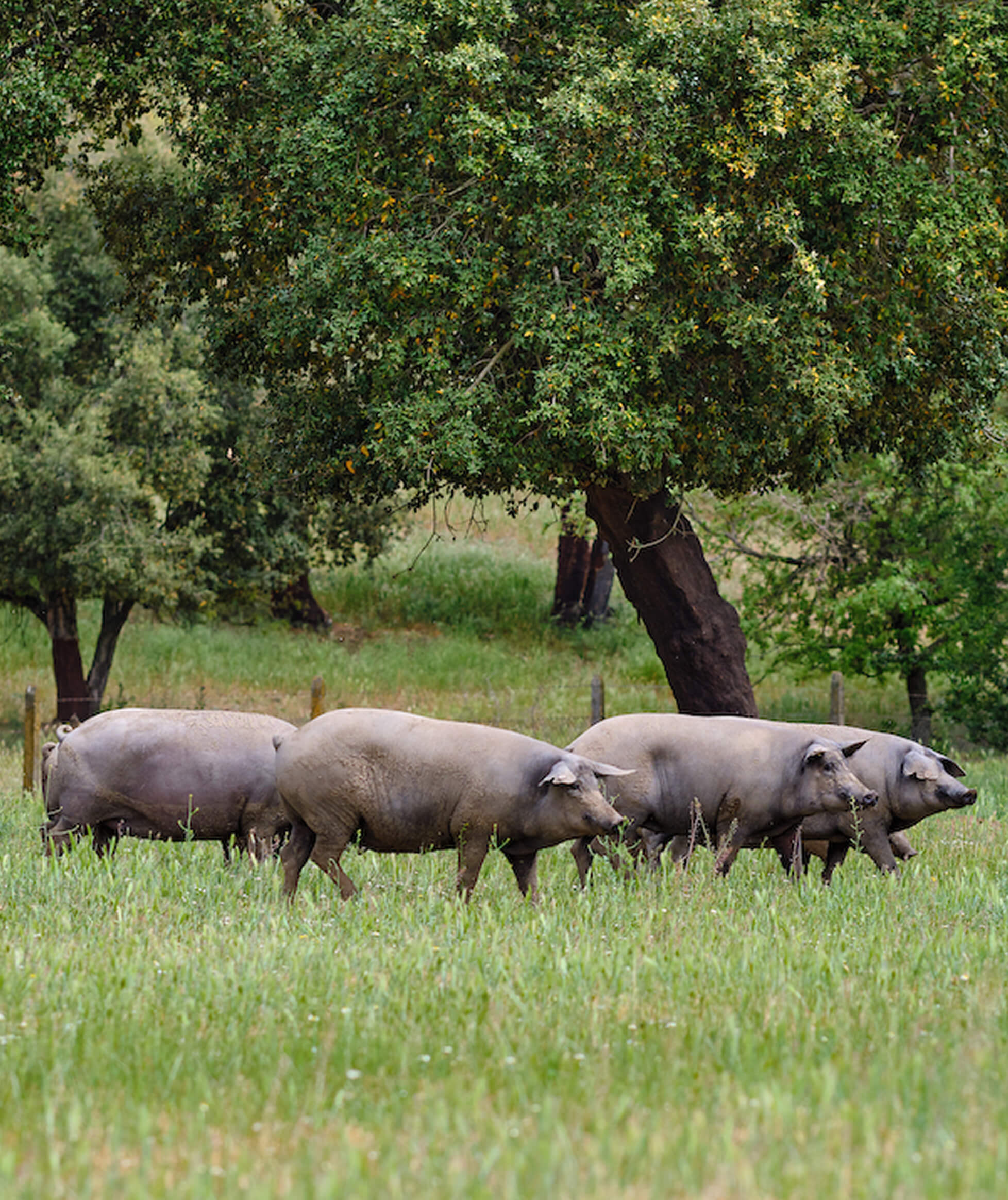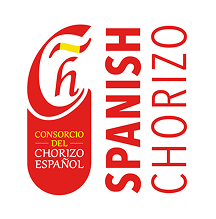EUROPEAN
PORK
European pork is a symbol of quality, tradition, and environmental commitment.
Europe is a global leader in pork production and exports, ensuring that every product meets strict animal welfare, food safety, and sustainability standards. With an annual production of over 22 million tons, the European pork sector continues to evolve, offering top-quality products such as european chorizo from Spain.

European Meat Sector
The European meat sector is a pillar of the agri-food economy, accounting for 48% of the EU’s total meat production. Pork is the most consumed meat, making up 50% of the region’s total meat supply.
Economic Impact
The pork industry supports over 2.5 million jobs across Europe, contributing to rural economies and maintaining traditional farming methods.
Global Competitiveness
The EU is the world’s second-largest pork exporter, with Spain, Germany,
and Denmark leading sales.
Sustainability Commitment
Over the past 15 years, the industry has reduced CO₂ emissions by 21% and antibiotic use by 22%.
European Pork: Spain
Spain is a powerhouse in European pork production, with over 56 million pigs processed annually, accounting for 21% of total European pork production. The sector plays a crucial role in the Spanish economy, generating over €15 billion in revenue and 400,000 direct and indirect jobs.
European Chorizo:
A Global Icon from Spain
Spanish chorizo is one of the country’s most emblematic pork products, known for its rich flavor and artisanal production process.
Production: Spain produces over 100,000 tons of chorizo per year, with a strong domestic and international demand.
Tradition and Quality: Spanish chorizo is made following strict European regulations, ensuring high-quality standards while maintaining traditional recipes.
Exports: More than 120,000 tons of chorizo are exported annually, with France, the UK, and Germany as key markets.
Sustainability of the Pig Meat Production
The European pork industry is moving towards a greener and more efficient production model, implementing key sustainability strategies:
Emission Reduction
Energy Efficiency
Adoption of renewable energy sources such as biogas in pig farms.
Animal Welfare
Strict regulations ensure proper care at every stage of production.
Circular Economy
The industry repurposes
by-products to reduce waste, with less than 1% of production discarded.



